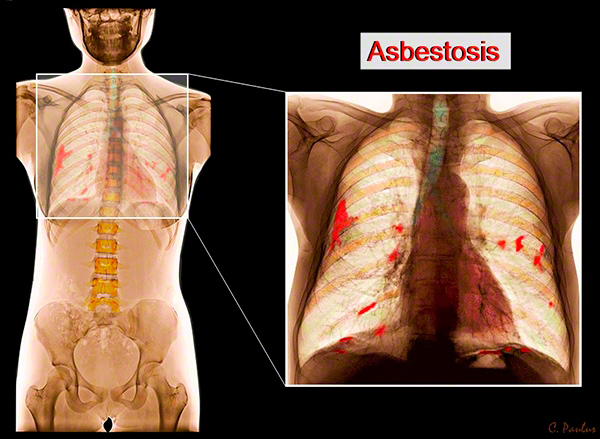Mesothelioma is a type of cancer that forms in the mesothelial cells that cover many internal organs. It most commonly occurs in the tissues of the chest and lungs. It is an extremely rare form of cancer and distinct from other types of lung related cancers. The two major forms of mesothelioma are peritoneal and pleural. The more prevalent of the two is plural, which forms in the pleura of the lungs. The other form, peritoneal, forms in the tissues of the abdomen and the organs present there. A even rarer form of mesothelioma is pericardial, meaning that it affects the sac around the heart. In order to take a look at mesothelioma in a little more depth, we’ve teamed up with Asbestos Advice Helpline, specialists in mesothelioma compensation claims.
Types Of Mesothelioma & General Prognosis
All forms of mesothelioma consists of unique cells, epithelial and sarcomatoid. It is not uncommon for mesothelioma tissue to contain just one or both types of cells, although sarcomatoid cells are a much rarer presentation. In fewer than 15% of confirmed mesothelioma cases, sarcomatoid cells signify a much bleaker prognosis. On the converse, in extremely rare cases, mesothelioma epithelial and sarcomatoid cells can originate from benign tissue, which can easily be excised, providing a very positive prognosis. The severity of the disease and potential to cure it depends on the location and cell composition.
Signs & Symptoms Of Mesothelioma
Early on: In most cases of mesothelioma, shortness of breath is the most common symptom. The shortness of breath is also accompanied by coughing and mild to severe chest pain. Some patients may present no obvious signs during the first stages, finding themselves diagnosed after routine examination or chest X-ray reveals the cancerous growths.
Progression: Untreated, or in severely aggressive cases, as the cancer grows, the symptoms increase and begin to include other conditions. Shortness of breath will begin and/or worsen, a loss of appetite and weight loss are also common as the cancer spreads. Severe night sweats along with chances in voice, loss of diaphragm function, and many more ares of the abdomen and torso begin to be affected. As the cancer begins inside the lungs or the cavity that contains them, it spreads into the nearby systems, including pulmonary and digestive in particular. Cardiac involvement will also be present in some cases. The current survival rate is unfortunately extremely low, with most patients only living one to three years after being diagnosed.
What Causes Mesothelioma?
The most common carcinogen that causes mesothelioma is asbestos. The material that was made popular in the early 1900s as a type of building insulation. Many buildings and homes were created using asbestos. Construction workers and those exposed to asbestos dust in homes and older buildings are at the highest risk for developing some form of mesothelioma as a result of asbestos exposure. The most peculiar aspect about mesothelioma is that it tends to develop a long time after exposure, often around 20 to 60 years. In many parts of Europe, including the UK, there are increasing reports of mesothelioma cases being diagnosed each year. At the current rate of diagnosis, it is estimated the number of UK mesothelioma deaths will reach at least 90,000 in the next 20 to 30 years.

